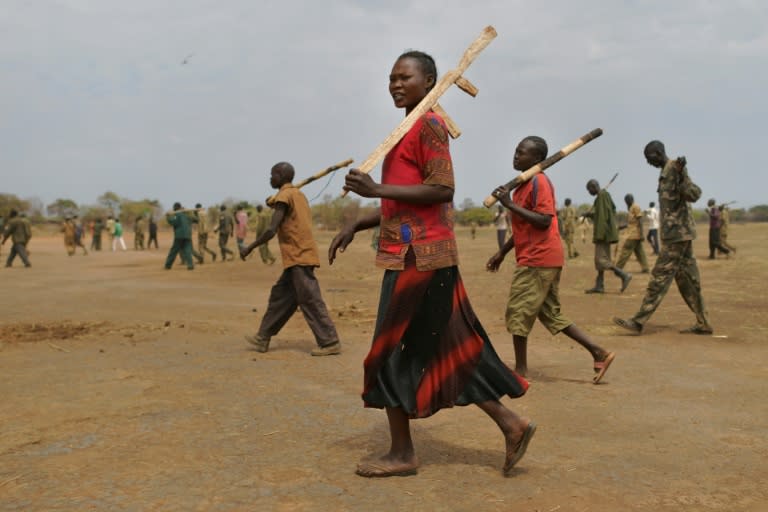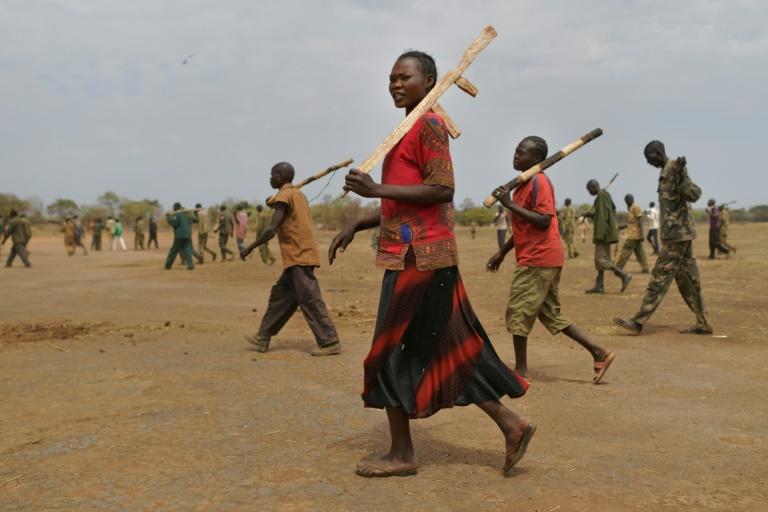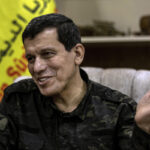
South Sudan risks a return to war, the United Nations warned Friday, with outbreaks of interethnic violence and political infighting threatening to undo even the limited progress made in implementing its lumbering peace process.
The world’s newest nation has suffered from chronic instability since independence in 2011, including a brutal five-year civil war between forces loyal to President Salva Kiir and his deputy Riek Machar that cost almost 400,000 lives.
The 2018 agreement which ended the war has been bedevilled by bickering between rival parties.
Key provisions are yet to be implemented, with less than a year left before the country is due to hold elections.
“There is a real risk of going back to conflict,” Yasmin Sooka, chair of the UN Commission on Human Rights in South Sudan, told journalists on Friday during a visit to the country.
The failure to form a unified armed forces command — a key component of the peace deal — has created an environment in which violence remains rife, the UN said.
Thirty-two people, including children, were killed in armed raids in Jonglei state last month.
Political instability has added to the challenges, with Machar facing growing opposition within his own ranks, as top cadres complain about losing ground to Kiir’s party.
The pair’s shaky alliance faced a fresh threat in August when fighting erupted between rival factions of Machar’s party, leaving at least 32 people dead.
Machar said the clashes were aimed at derailing the formation of a unified army, which remains a major sticking point between him and Kiir, with the parties yet to agree on a power-sharing deal on the issue.
South Sudan has struggled with war, famine and chronic political and economic crisis since celebrating its hard-fought independence from Sudan in July 2011.
As discontent has deepened, some citizens have called for a peaceful public uprising to topple the current regime.
But the authorities have cracked down on protests, forcing activists into hiding.
“Members of South Sudanese civil society who met with the Commission said they are scared to discuss the human rights situation, for fear of retaliation by state security services with a track record of violently repressing the expression of political views,” the UN said in a statement Friday.
“The lack of progress in implementing key provisions of the (peace deal)… contributes to the persistent insecurity and impunity in which human rights violations occur,” it said.
str-amu/txw/ri




